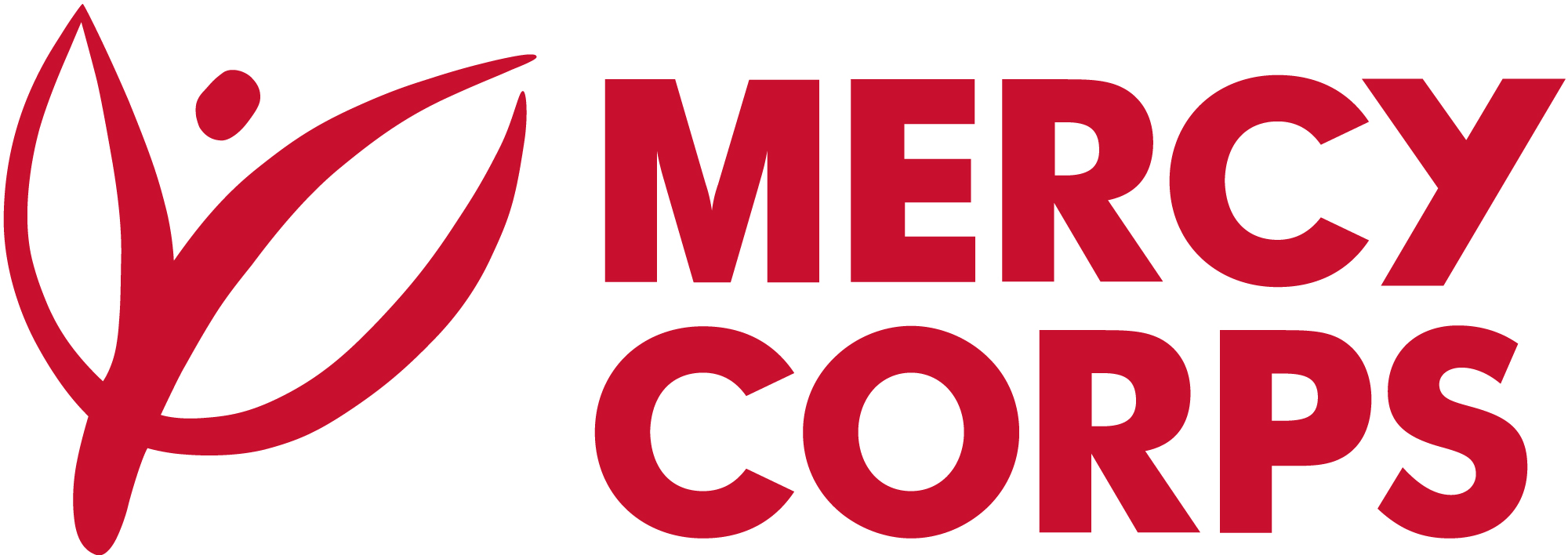Key Takeaways:
- Israeli airstrikes targeting Lebanese territory tapered off in April compared to their post-cessation of hostilities (CoH) highpoint in March. Nevertheless, Israel escalated its campaign of targeted assassinations, killing 13 officials and operatives of Hezbollah and the organization’s allies Hamas and Jamaa al-Islamiya. Israel also carried out two airstrikes in Beirut’s southern suburbs over the past month – one was an unannounced assassination targeting a Hezbollah official, and the other was a strike on an alleged Hezbollah weapons cache following an evacuation warning. After the latter strike, Israeli leaders warned they would continue to strike anywhere in Lebanon and that they would not allow the southern Beirut suburbs to become a safe operating zone for Hezbollah.
- Israel expanded its military operations along the border with Lebanon, including the destruction of prefabricated housing units, as it seeks to enforce a de facto security zone. At least 28 people were killed by Israeli military actions in Lebanon throughout April. The number of people displaced by the conflict in Lebanon has remained largely stable since Israel withdrew its troops from southern towns and villages on February 18, amid persistent barriers to return, including Israeli military strikes.
- Lebanon’s northeastern border with Syria remained relatively calm in April, though a brief exchange of cross-border fire on April 24 near Hermel injured eight Syrian refugees. About 36,180 Syrians had arrived in the North and Akkar as of April 22, including 4,915 between April 17 and 21.
- The parliament approved amendments to the Banking Secrecy Law submitted by the Council of Ministers, satisfying a key International Monetary Fund (IMF) requirement. The amended law will be applied retroactively, effective 10 years from its passage, authorizing state auditors and regulatory bodies to access banking data for all depositors.
- The World Bank and Lebanon have reached a preliminary agreement to increase Lebanon’s reconstruction loan from USD 250 million to USD 400 million. Finance Minister Yassine Jaber also announced that talks are ongoing to secure a larger loan package of approximately USD 1 billion, repayable over 50 years, dedicated to the electricity, transportation, water, agriculture, and social affairs sectors.
- Lebanese Prime Minister Nawaf Salam paid his first official visit to Damascus as premier, holding talks with Syrian President Ahmad Al-Sharaa and Foreign Minister Asaad Al- Shaibani. The meetings tackled a range of issues including border security, anti-smuggling efforts, refugee returns, and judicial and trade cooperation. Both sides agreed to establish a joint ministerial committee to follow up on shared concerns. The visit followed a late March meeting between the Lebanese and Syrian defense ministers in Jeddah, amid heightened border tensions and recent cross-border clashes.
- The Lebanese government launched a project to rehabilitate the Beirut Airport Road. As part of the initiative, authorities also ordered the removal of all political and religious posters from public spaces within Beirut.
By Crisis Analytics Team, Mercy Corps Lebanon



